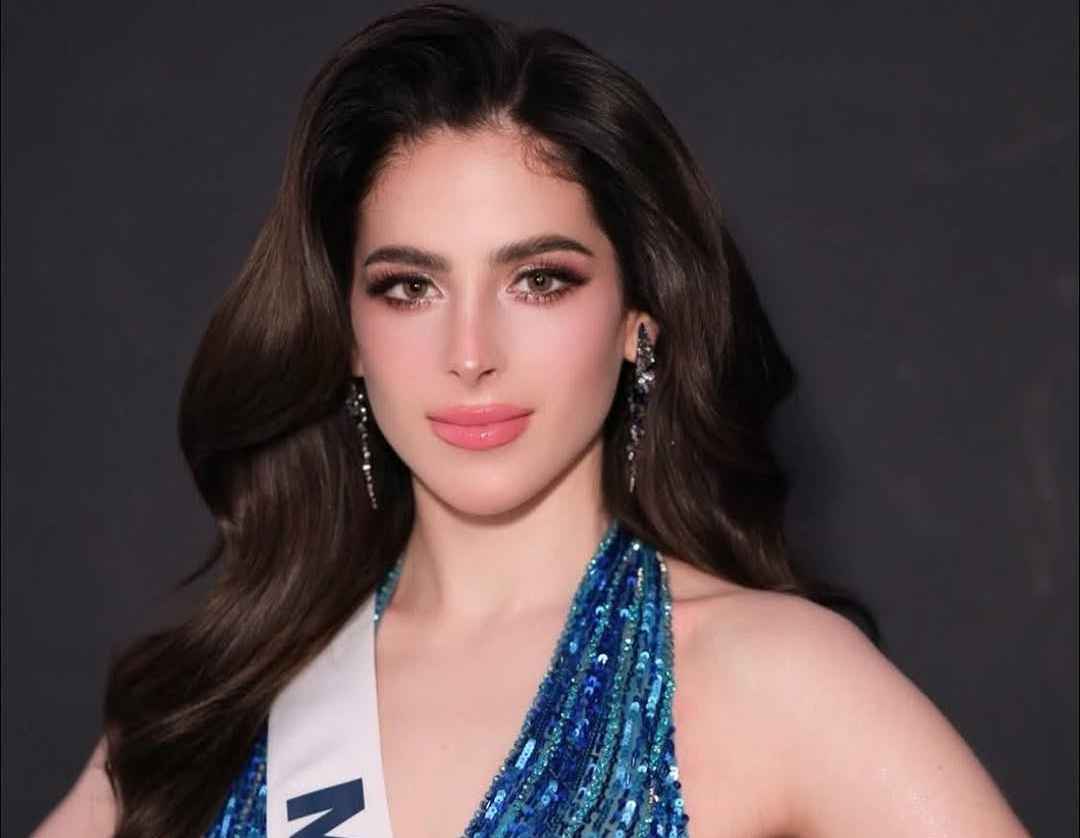Miss Universe 2025: Fátima Bosch, Controversy, and the Power Behind the Crown
The Miss Universe competition is one of the most high-profile beauty pageants in the world — but it is much more than gowns, glamour, and red carpets. At its core, Miss Universe is a platform for advocacy, empowerment, and global influence. Winners are expected to champion social causes, engage in humanitarian work, and use their visibility to make a difference.
The 2025 competition made headlines not only for crowning Fátima Bosch of Mexico but also for a dramatic controversy that highlighted issues of respect, fairness, and female empowerment in pageantry.
The Purpose of Miss Universe: Influence Beyond Beauty
The Miss Universe Organization positions the pageant as a stage for women to showcase intelligence, leadership, and social impact alongside beauty and poise. Winners are tasked with being global ambassadors advocating for causes like education, women’s rights, refugee support, and public health. The title isn’t just symbolic; it comes with a platform to amplify change.
For contestants, Miss Universe is an opportunity to combine personal ambition with purpose. It has launched careers in entertainment, media, and public speaking, while allowing winners to bring attention to issues that matter most to them.
What Winners Receive: Crown, Career, and Responsibility
Winning Miss Universe comes with more than a sparkling tiara. The 2025 winner, Fátima Bosch, received:
-
A cash prize estimated at US$250,000
-
A monthly salary of roughly US$50,000 during her reign
-
A luxury New York City apartment for the duration of her year-long reign
-
Travel, styling, wardrobe support, and access to high-profile events
-
The iconic Miss Universe crown, reportedly worth over US$5 million
The prize package is designed to provide financial independence, visibility, and the tools needed to fulfill the ambassadorial responsibilities that come with the title.
The 2025 Scandal: Fátima Bosch Stands Her Ground
Miss Universe 2025 was marred by a public clash between Fátima Bosch and Nawat Itsaragrisil, a Thai pageant official. During pre-show events, Itsaragrisil reportedly insulted Bosch, called her “dumb,” and demanded she conform to strict expectations. Security was allegedly called to remove her, sparking outrage among contestants.
Bosch refused to be intimidated. “You are not respecting me as a woman,” she stated firmly, asserting her dignity and rights. Several contestants walked out in solidarity, including former Miss Universe Victoria Kjær Theilvig, sending a powerful message about support and respect.
Despite the tension, Bosch ultimately took the crown, symbolizing resilience, courage, and the modern role of women in pageantry. Her victory sparked a wider conversation about respect and equality in the Miss Universe Organization and beyond.
Why Miss Universe Still Matters
The pageant remains relevant because it combines visibility with responsibility. Winners like Fátima Bosch become role models for millions, demonstrating that the crown is more than a status symbol — it’s a call to action.
For contestants, Miss Universe opens doors: media opportunities, modeling contracts, brand partnerships, and platforms to advocate for social causes. For the organization, it’s a reminder that the world watches closely, expecting fairness, integrity, and respect.
FAQ: Everything You Wanted to Know About Miss Universe
What is the purpose of Miss Universe?
To serve as a platform for global advocacy, empowering winners to champion social causes, humanitarian initiatives, and women’s rights.
What does Miss Universe get?
The winner receives a crown, cash prize, monthly salary, luxury accommodation, styling and wardrobe support, travel opportunities, and a global platform to advocate for social causes.
Why was the 2025 competition controversial?
Fátima Bosch publicly challenged a pageant official who insulted her and attempted to intimidate her, sparking walkouts from fellow contestants and drawing global attention to issues of respect and equality.













